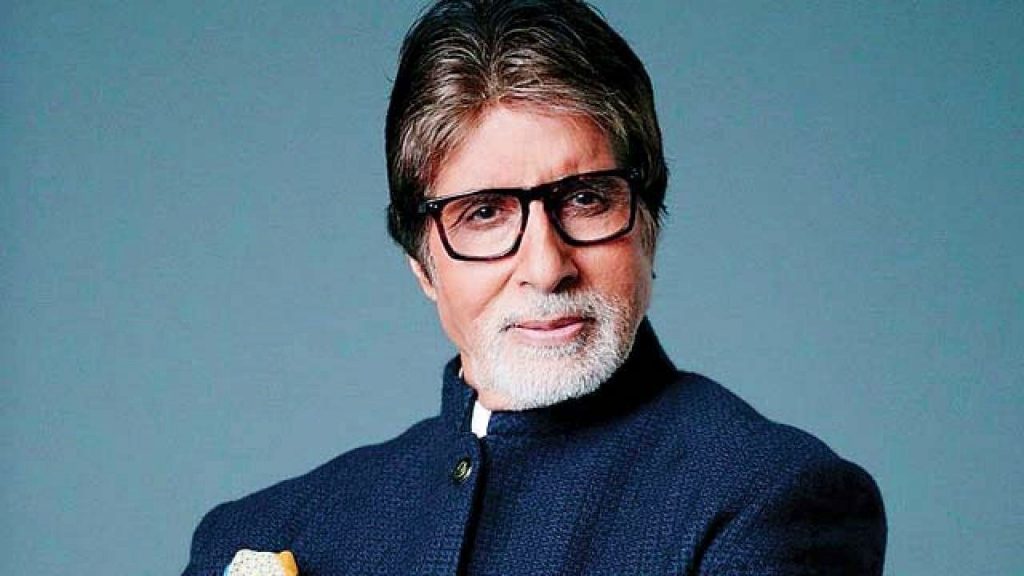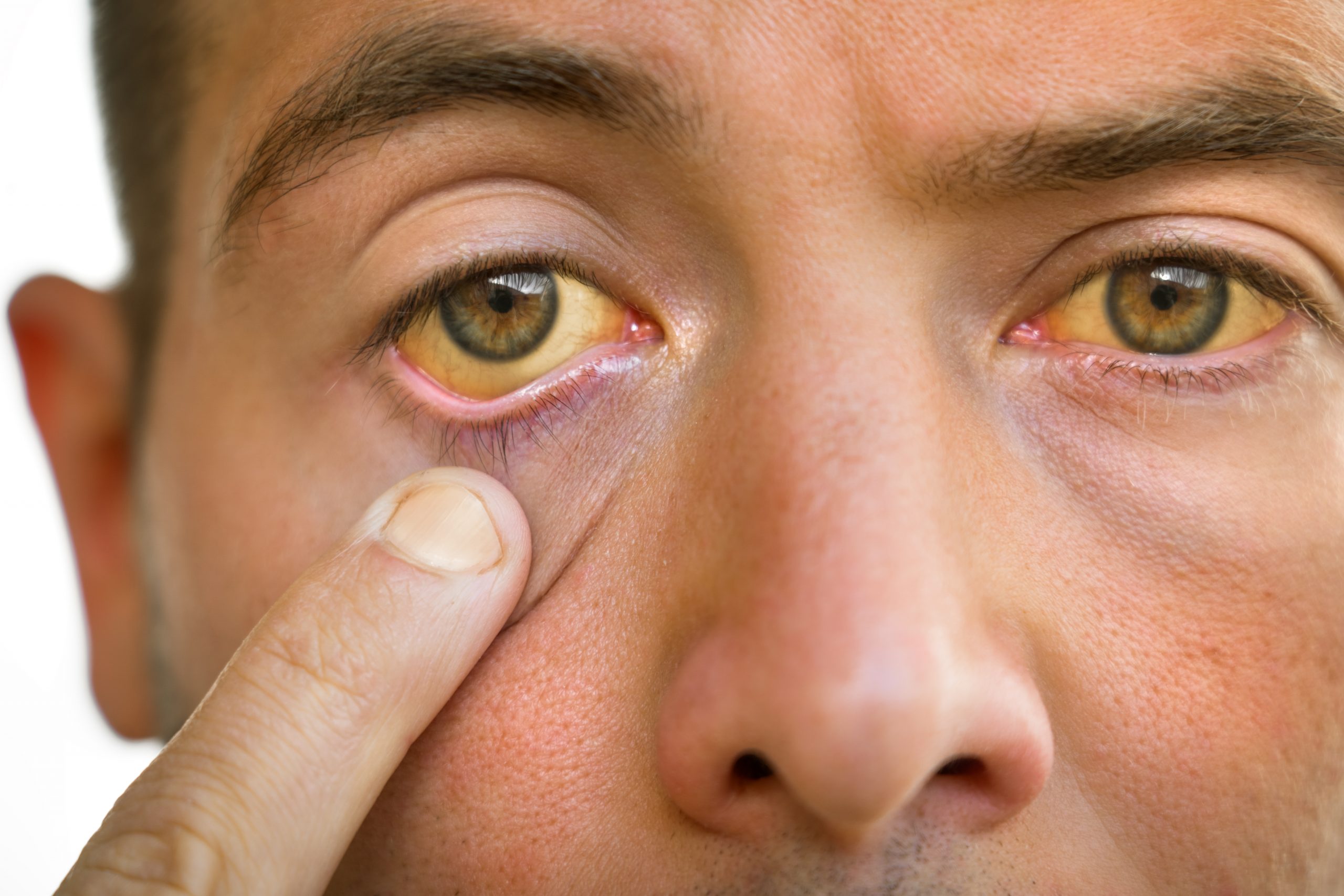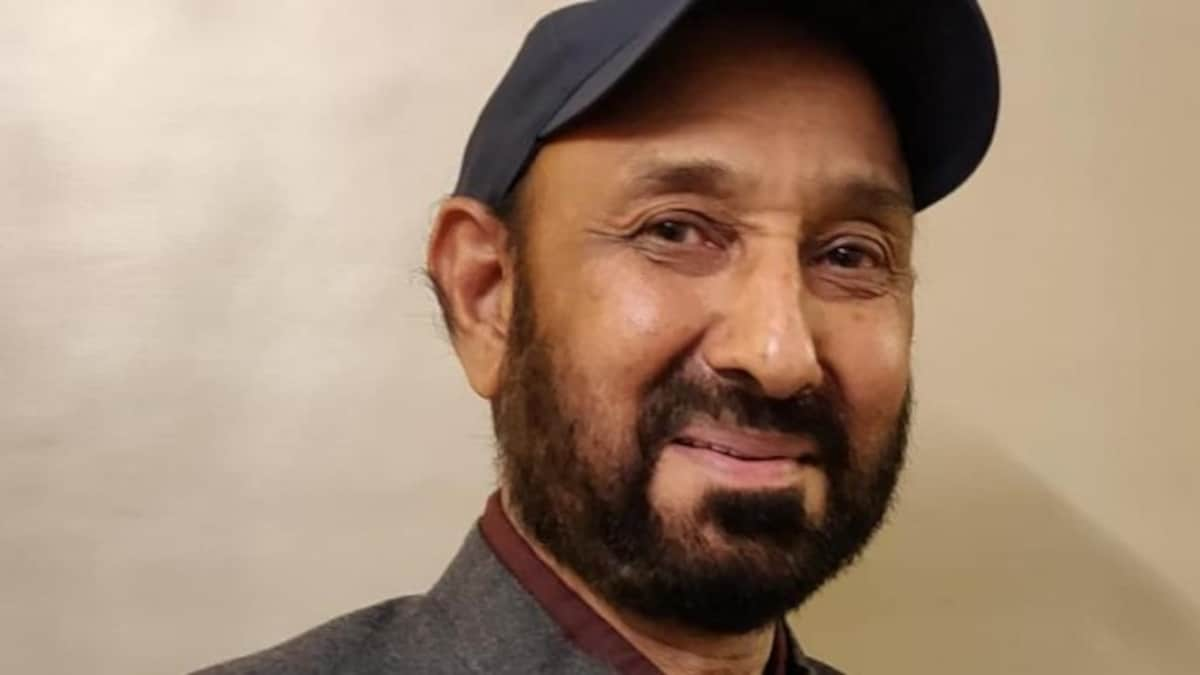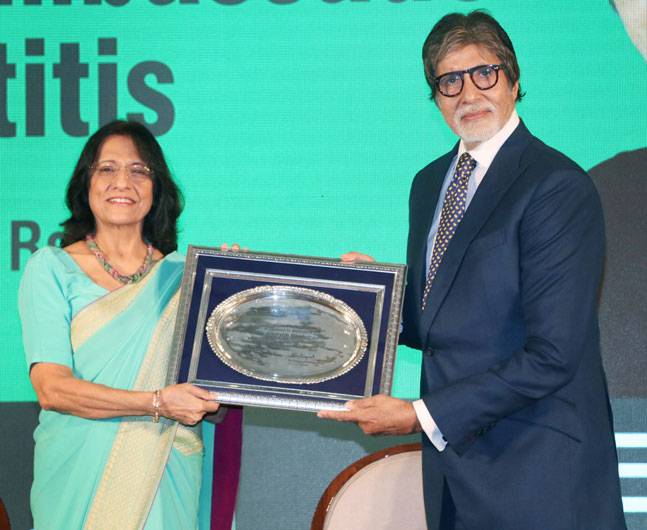World Hepatitis Day has come and gone, but what exactly is this deadly disease?
By Pooja Shah
World Hepatitis Day, a day to raise awareness of the world’s most common liver infection, passed just a few weeks ago, on 28th July, but many still don’t know what exactly the disease is. According to the World Health Organization (WHO), four percent of the world’s population, or over 354 million people, suffer from viral hepatitis, which claims over 1.3 million lives annually. Hepatitis occurs mainly in countries in South and Southeast Asia, including India.

What is hepatitis?
Hepatitis is an inflammation of the liver, a vital organ that is crucial for blood filtration and fighting infections. It is a serious liver disease caused by exposure to hepatitis viruses – A, B, C, D, E – or as a result of alcohol and drug abuse. Hepatitis A and E are short-lived and acute, while types B, C and D are chronic and permanent. Hepatitis B and C are very common and curable if caught early enough. In the later stages, however, viral hepatitis can progress to fatal liver problems such as liver cancer, cirrhosis, and chronic liver disease that can lead to death.
Hepatitis is a highly-contagious disease transmitted from mother to newborn and from person to person through sex, contamination, blood transfusions or poor hygiene. In the midst of the COVID-19 pandemic, people infected with hepatitis are more susceptible to contracting COVID-19, and are more at risk of death because of it.
Common symptoms to look out for:
A major problem is that many people do not know they are infected, because chronic hepatitis is initially asymptomatic and develops slowly, so that clear symptoms do not appear until decades later, when it becomes fatal. With acute hepatitis, on the other hand, symptoms can appear anytime between 2 weeks and 6 months after infection. Common symptoms for hepatitis include fever, fatigue, nausea, loss of appetite, unnecessary weight loss, dark urine, abdominal pain, pale stools, yellow skin, and flu-like symptoms. These signs may be too inconspicuous to be noticed. Therefore, it is important to pay attention to certain symptoms, even if they are acute, in order to manage and control the virus.
Ways to effectively manage hepatitis if you’ve been diagnosed with it:
Upon learning that you have been diagnosed with hepatitis or are experiencing symptoms, you should see a doctor immediately. The doctor will physically examine your body and perform a liver function test to determine whether or not you are infected. He will also perform further blood tests to determine the specific type. In severe cases, the doctor may even perform an ultrasound and liver biopsy to determine the cause of the abnormal liver functions. Treatment options depend on what type of hepatitis you are infected with and whether it is acute or chronic. For some types, there are no specific medications, while some viruses are treated with antibiotics and supportive medications. Accordingly, you should follow your doctor’s instructions regarding diet and fluid intake and have regular medical check-ups.
Prevention:
Since Hepatitis is highly contagious, good hygiene and vaccinations are the best way to prevent infection. Ignoring the initial symptoms can lead to a deadly and complicated situation. Therefore, it is important to raise awareness about hepatitis, and promote early detection and vaccination. If the right steps are taken, hepatitis can be controlled, prevented and collectively eliminated globally by 2030.
Renowned Bollywood stars who’ve battled the disease
Nearly 40 million Indians carry the viral Hepatitis B virus, according to the WHO, and Bollywood stars are no exception, despite their wealth and status. Bollywood actor Navtej Hundal, who played the lead role in Uri: The Surgical Strike (2019), fell ill with Hepatitis B. After being treated and hospitalised, he succumbed to the disease in 2019 at the age of 86. The director of Drishyam (2015) and Rocky Handsome (2016), Nishikant Kamat, was diagnosed with liver cirrhosis, a fatal outcome of hepatitis, and had been experiencing excessive fatigue and fever for the past two years. Despite supportive medications and improving health, he expired due to liver dysfunction and multiple organ failures in 2020 at the age of 50.
Legendary Bollywood icon Amitabh Bachchan is also a survivor of Hepatitis B. In 1982, the actor contracted the virus after a severe accident on the set of his film Coolie (1983). The accident required 60 units of a blood transfusion that damaged 75 percent of his liver, causing Bachchan to function with only 25 percent of his liver even now. As a survivor, he understands the hardships and sufferings one has to go through and said that no one should ever suffer from viral hepatitis.
In 2017, Bachchan was appointed Goodwill Ambassador for Hepatitis (South East Asia) as estimates from WHO suggest that two to five percent of India’s population suffers from chronic hepatitis. Many people are not aware that they have viral hepatitis, but it is curable if detected in time. In Bachchan’s case, the disease was detected in time and cured. As an ambassador, he implemented his viral hepatitis action plan in India by raising awareness and providing essential drugs and diagnostics to prevent, treat and control viral forms of hepatitis.









